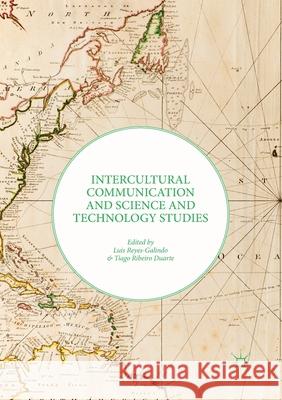Intercultural Communication and Science and Technology Studies » książka
topmenu
Intercultural Communication and Science and Technology Studies
ISBN-13: 9783319863894 / Angielski / Miękka / 2018 / 238 str.
Kategorie:
Kategorie BISAC:
Wydawca:
Palgrave MacMillan
Język:
Angielski
ISBN-13:
9783319863894
Rok wydania:
2018
Wydanie:
Softcover Repri
Ilość stron:
238
Waga:
0.31 kg
Wymiary:
21.01 x 14.81 x 1.37
Oprawa:
Miękka
Wolumenów:
01
Dodatkowe informacje:
Wydanie ilustrowane











